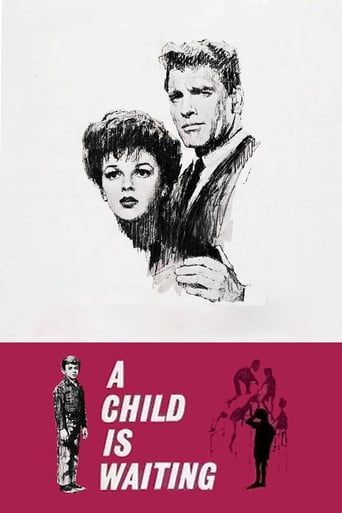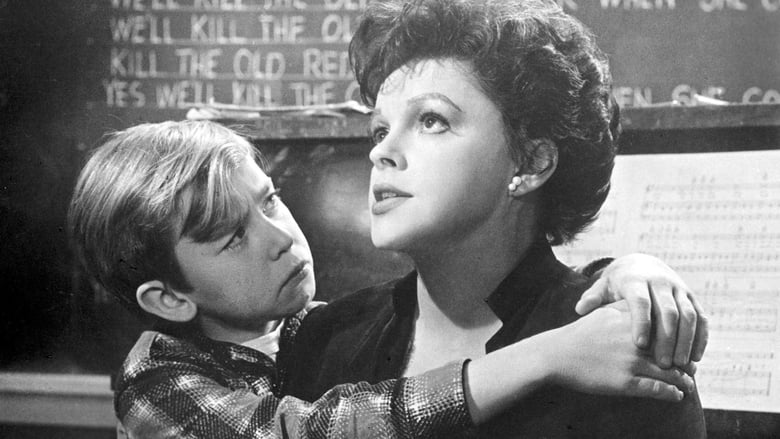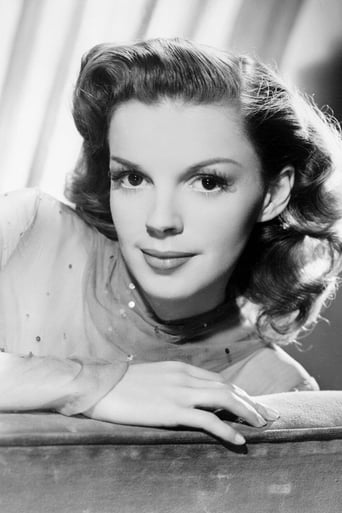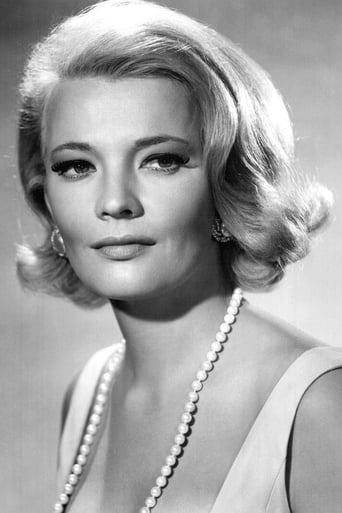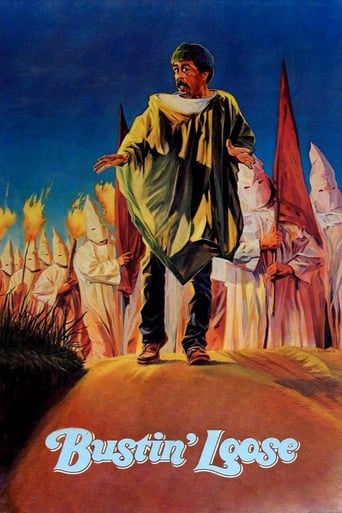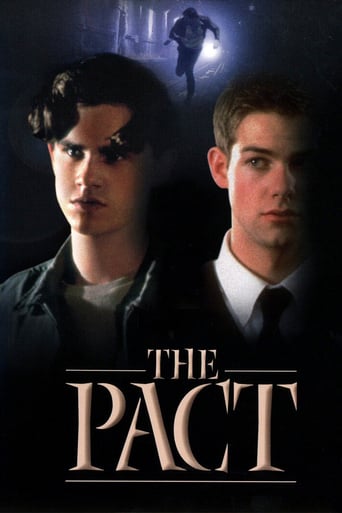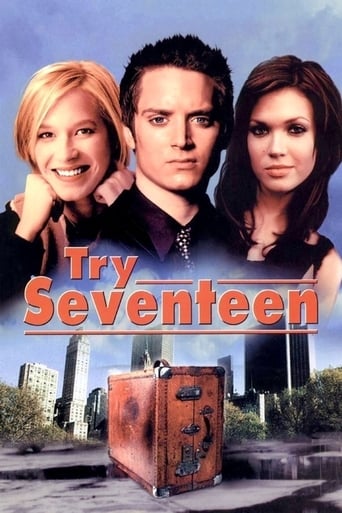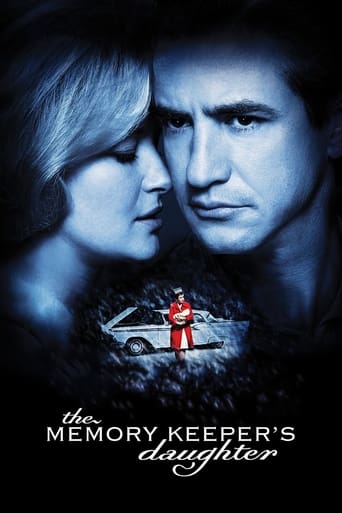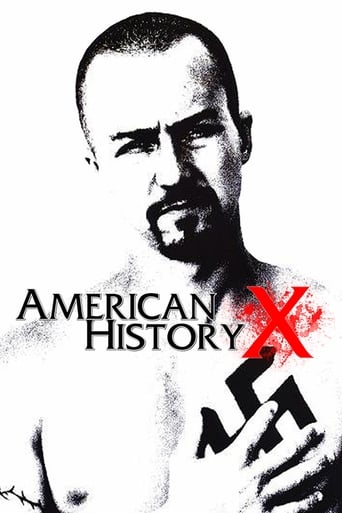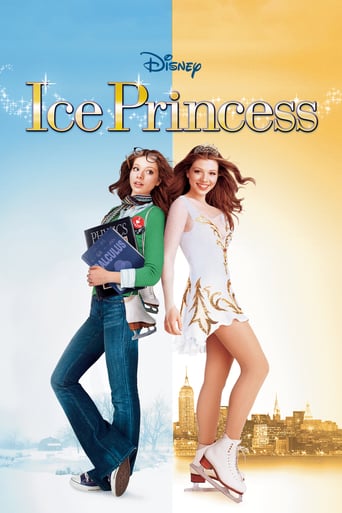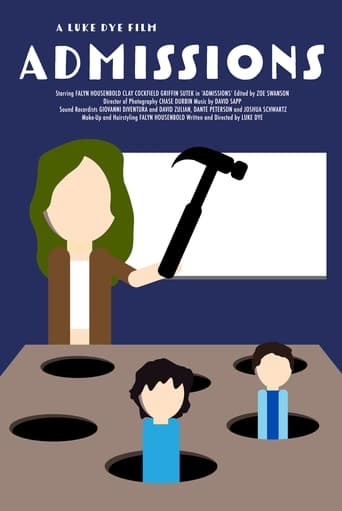A Child Is Waiting (1963)
Dr. Matthew Clark is the head of a state institution for intellectually disabled children. Jean Hansen, a former music teacher anxious to give her life some meaning, joins the staff of the hospital. Jean, who tries to shelter the children with her love, suspiciously regards Dr. Clark's stern training methods. She becomes emotionally involved with 12-year-old Reuben Widdicombe, who has been abandoned by his divorced parents.
Watch Trailer
Cast
Similar titles
Reviews
Who payed the critics
Plenty to Like, Plenty to Dislike
It's easily one of the freshest, sharpest and most enjoyable films of this year.
One of the worst ways to make a cult movie is to set out to make a cult movie.
Burt Lancaster and Judy Garland in a movie together? I couldn't imagine it either, but they worked really well together in A Child is Waiting. Burt plays the head of an institute for mentally handicapped children-which was really groundbreaking in the 1960s-and Judy is hired as the new music therapy teacher. Their perspectives differ constantly, and even though she has no prior experience teaching or dealing with disabled kids, she feels free to argue with him whenever she thinks he's wrong. Only the pint-sized dynamite of Judy Garland could challenge the great, hulking Burt Lancaster and get away with it!If you love Judy, you'll want to add this one to your list, so you can see her in a great dramatic role. Burt comes across as cold and harsh sometimes, but since he's always thinking of the children's best interests, it's great to see him in another multi-layered performance. I don't generally like stories that solely focus on the plight of children, but I was able to appreciate the acting, and the bold statement from Hollywood to address a subject like this at the time. If mental disabilities are a passion of yours, this is a must-see, since it's one of the earliest films to discuss them.
This movie personally hits home with me as I was personally attached to people with mental disorders. I had a cousin who was born with a brain injury. I watched my siblings and cousins grow with the usual maturation process except for my damaged cousin as she did develop as a woman yet her brain remained unvaried. I also watched her parents, my second cousins deal with her condition. They loved her and treated her as if she was normal. Moreover her parents were huge members of The organization AHRC to raise money for the mentally disabled. I always wondered how parents dealt with their mentally disabled children? I was first exposed to this shocking film about life in a institution for mentally challenged Children shown on the Million Dollar Movie in New York in the late 1960's, I was about 10 years old. Our movie starts with an upscale couple, the Widdicombes, Ted and Sophie played by Steven Hill and Gena Rowlands. Their new born child Rueben who seems dormant lying in his crib uninterested is questioned by his mother but the Rueben's father claims that another boy didn't speak for years and grew up a success. A few years passed and The Widdecombes have a second child, a girl who is normal yet you see Mr. Widdecombe taking Rueben for IQ tests to various doctors who claim he is under the normal curve in intelligence. The parents realize that their son is a failure as the Father drives at top speed to a mental institution and coerces Rueben out of his car. Our scene shifts to new Players in our tearful story a Dr. Matthew Clark (Burt Lancaster) who runs the facility has strict methods in his teaching approach to the disabled and refuses to coddled them along making them useless in their futures. Lancaster yet strict is restrained throughout and never useless harsh language or acts of violence like you would see in an Oliver Twist institution. Enter our other star the chunky yet vulnerable Jean Hansen played by Judy Garland who is hired as the music teacher in the film. Rueben despondent and discarded by his parents who never come on visiting day adopts Miss Hansen as a surrogate Mom and becomes quite attached to her amongst the consternation on the other students. The pressures of the job get to Miss Hansen who had no prior experience in working with mentally handicapped. As I watched this film I saw the hopelessness and felt sorry for Rueben. I empathized with his frustration throughout the film. I wondered why his parents were so ashamed due to a birth defect which they had no control over. As for the acting I found it refreshing seeing Judy Garland in a serious role and pulling it off with tears and compassion. Burt looked more like a GQ magazine cover model than a headmaster of an institution. His acting was professional yet I felt he was miscast due to his appearance. A thought provoking film that makes you cringe at the sight of the dark side of human existence where these loving children were dealt a bad card by Mother Nature. Today I have a Niece and Nephew who are mentally challenged and discarded by their Father. I take the Father's place and show them love, respect and mostly time together making life more palatable for them. You love your children unconditionally. Furthermore kudos to Stanley Kramer for producing another controversial inspiring film.
It's difficult not to praise this film too highly and one has to admire the professionalism of Burt Lancaster and Judy Garland both of whom found Cassavetes' directing style anathema yet persevered and turned out an unforgettable film. Whilst on the one hand it is sad verging on tragic that Garland was absent from the screen after I Could Go On Singing, released the same year (1963) as this, on the other hand we can rejoice that in her last decade as a film actress she appeared in three exceptional movies - A Star Is Born, Judgment At Nurenberg and ACIW - and one near-miss, I Could Go On Singing, all of them drawing heavily on her acting chops despite numbers 1 and 4 being ostensibly musicals. Whilst it's true that Hollywood has made a decent fist of 'non-commercial' subjects over the years - Pinky, Gentlemen's Agreement, Home Of The Brave, etc - even as late as 1963 children with euphemistic 'special needs' was still virgin territory and everyone involved in this production is due a vote of thanks.
The quandary surrounding the treatment and raising of mentally disabled children is given a thoughtful treatment in this affecting drama. Lancaster is the head of a large school for mentally retarded kids whose belief that rules and mild discipline are inherent necessities for rearing the inhabitants is questioned by a new employee. Garland, as the new teacher, finds it a struggle to deny affection to one particular boy (Ritchey) and has trouble following through on Lancaster's more hard-edged approach. As the pair clashes, albeit without too many fireworks, the child becomes confused and agitated and is threatened with backsliding even further into dysfunction. Lancaster is solid and assured in his role. (He would bring a similar type of approach that of the forward-thinking, yet put-upon, administrator to his role in "Airport" several years later.) And no one eats a hot dog like Lancaster. Garland is not the very first person who comes to mind for a film or a role such as this, but she provides such gentle warmth and heart, along with her ever-present vulnerability, that it's actually hard to think of anyone doing a better job! She brings a tenderness and a commitment to her part that demonstrate her capabilities as an actress (inch long false eyelashes notwithstanding!) As the borderline youth of the story, Ritchey demonstrates proper disassociation and dysfunction, though, naturally, he doesn't really resemble most of the other patients. (The makers would have audiences believe that all the children are portrayed by actual students and to their credit, quite a few are however, the cast roster is dotted with several prolific child actors as well, including Mumy, Corcoran and Patrick.) Hill and Rowlands appear as Ritchey's fractured parents. He can't face the fact that he produced a son like this and she can't help wanting to coddle him to his detriment. Others in the cast include Marley, as an official not convinced of the success of the programs of the school, Wilson, as a veteran teacher, Tierney, barely allowed to register as Rowlands' second husband and Moore, as the welfare mother of one of the students, along with six other children. (Astonishingly, Moore, who was an Oscar-nominee just four years prior to this, does not get any billing in the film nor here at IMDb.com while Mumy, who barely appears at all, does!) There's a decidedly low-key and detached air to the film mixed with sentimentality, two sides that represent the backstage squabbling of producer Kramer and director Cassavetes. Kramer denied Cassavetes final cut, giving the film a mildly disjointed feel and focus. Still, it's a captivating and engrossing work, featuring a Garland that was rarely ever seen in film. It also makes substantial, non-exploitive use of several real life mentally retarded children. The film makes an interesting companion piece to "The Caretakers", released the same year, about newcomer Robert Stack clashing with old-guard Joan Crawford at a mental institution over the treatment of borderline patient Polly Bergen. Crawford would have tossed her popcorn at the screen during this film, however, since Coke is prominently featured at the school picnic rather than the Pepsi that got the plug in her movie.
